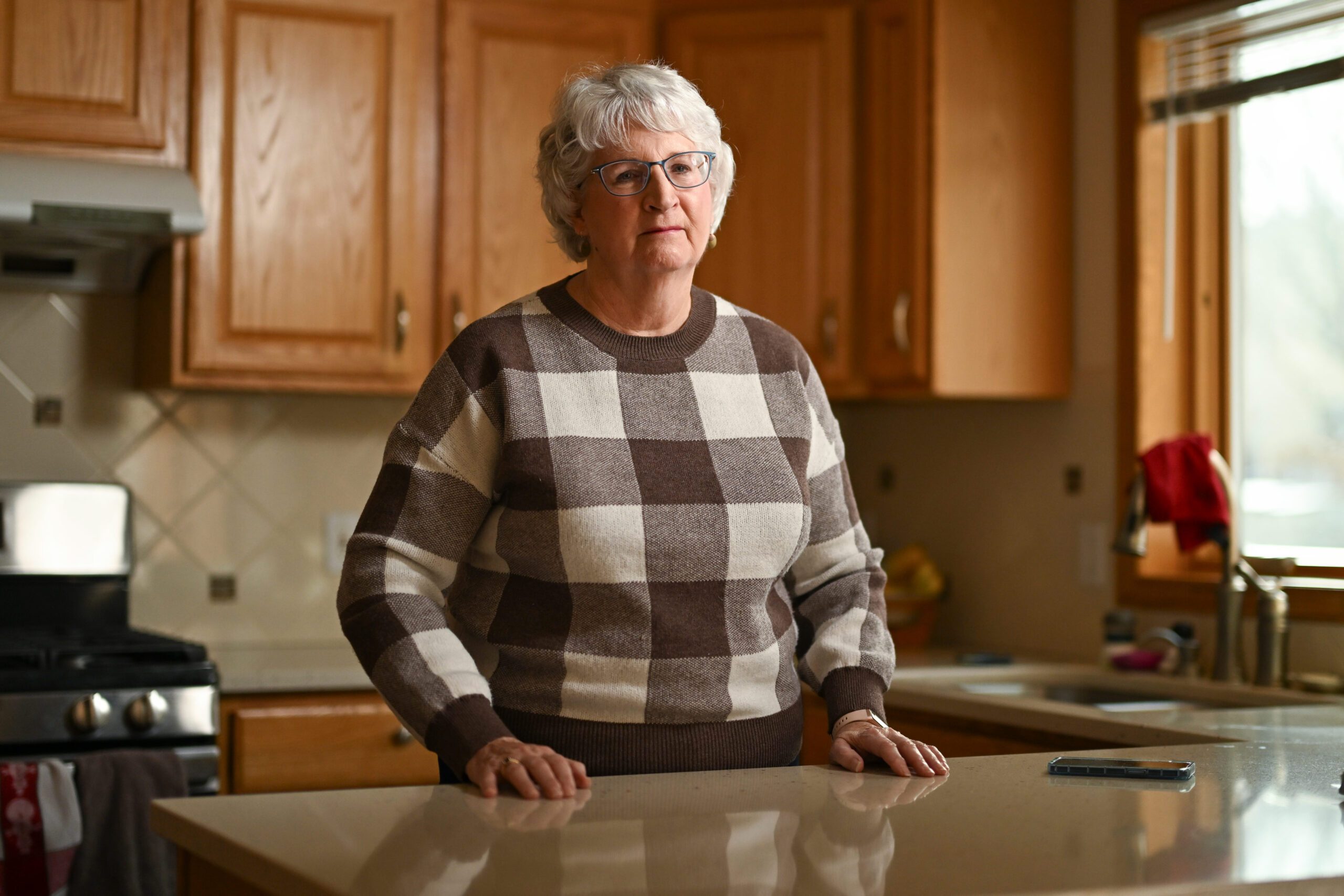Guest article by Melissa Mirabello
Early last year, Matt Call, a consummate dementia practitioner, and I formed The Center for Holistic Dementia Care (CFHDC). Like you (… your long and impressive journey helping individuals care for their loved ones with dementia…. truly heartwarming), we are dedicated to sharing our stories and practices to improve dementia care for clients, families, and caregivers. Matt and I have a unique approach to care. We focus on individuals’ strengths using Dr. Howard Gardner’s Theory of Multiple Intelligences. Through CFHDC, we learn about an individual’s preserved strengths—intelligences and develop a personalized care plan based on the person’s historical information and present condition.
The CFHDC believes that every individual deserves dignity and respect. We create tailored strategies that enhance three aspects of care: providing comfortable environments, using effective augmentative and alternative communication strategies, and fostering joy and motivation by implementing suitable activities.
CFHDC Focuses on What Makes a Person with Dementia Smile, Laugh, and Engage
The CFHDC focuses on discovering what resides inside a person. What makes that person smile, laugh, and engage? Instead of being daunted by dementia, we are on a mission to give caregivers the tools they need to find the “right size” for each person.
Environment
One might ask: What suits someone with dementia? A quick look at one’s surroundings gives initial clues. What type of environment brings this person joy? What makes this person feel safe and comfortable? How has dementia affected this person’s need for more light, less noise, or fewer distractions?
How might the person’s preserved intelligence strengths be used to improve his/her environment? For someone with naturalistic intelligence, a walk in nature or a room with a window uplifts the mood fosters improved communication and participation in activities.
Communication
In addition to environmental needs, a person with dementia has compromised communication abilities.
A caregiver must have myriad communication strategies to effectively give instructions, offer assistance, and decipher what a person requires or desires. We go beyond a typical alternative method such as a storyboard or picture. Through CFHDC, we have found a person with dementia may benefit from other methods including intensive interactions, art-, music-, or object-based communications.
Our goal is to empower a person to use his/her voice in an effective way. Knowing a person’s intelligence strengths opens doors to this ability because it focuses on multiple communication strategies.
Activities
Once a person has an effective way to communicate and experiences a suitable environment, it is much easier for a caregiver to introduce engaging activities. Painting, birdwatching, listening to music, or folding clothes are all participatory activities essential to a person’s sense of purpose and well-being.
Someone with linguistic-verbal intelligence strengths may enjoy storytelling, word play, or language activities. Historically, s/he enjoyed speaking, reading, writing, or listening to others. Another person may have preserved logical-mathematical skills. The caregiver will have more success engaging the person with structured routines, problem-solving games, or analytical thinking exercises.
The positive news is that all individuals possess multiple intelligences. By learning which intelligences are the strongest in a person, a caregiver has the power to personalize experiences and use this information to ignite cognitive engagement.
Caregivers Need More Support and Guidance
Every day, I hear or read stories about caregivers who feel overburdened, tired, or frustrated. When I think of the enormous responsibilities that caregivers have and the debilitating effects of dementia, I am often reminded that caregivers need more support and guidance. Flight attendants often remind us to take care of ourselves before we can help others. “Please place the mask over your own mouth and nose before assisting others.” Yet, caregivers are consistently underpaid and underappreciated.
Recently, big-time celebrities like Grammy-award-winner Bradley Cooper (Executive Producer of a new documentary entitled, “Caregiving”) and ER star Noah Wyle (promoting healthcare reform through a partnership with FIGS, a medical clothing company), have brought more attention to the essential role caregivers play in society. This media attention is warranted; it is a pendulum swing in the right direction, one that showcases caregivers as beacons of hope.

At the CFHDC, we will continue the momentum to educate and uplift caregivers. We invite you to learn more about our work.
Melissa Mirabello’s career as an educator stems from her desire to make learning accessible and rewarding. Her enthusiasm for teaching through various methodologies, such as Howard Gardner’s Theory of Multiple Intelligences, and her goal to support caregivers with innovative and practical care strategies have inspired her work at the Center for Holistic Dementia Care—CFHDC.
Disclaimer: This story is auto-aggregated by a computer program and has not been created or edited by healthlydays.
Publisher: Source link











